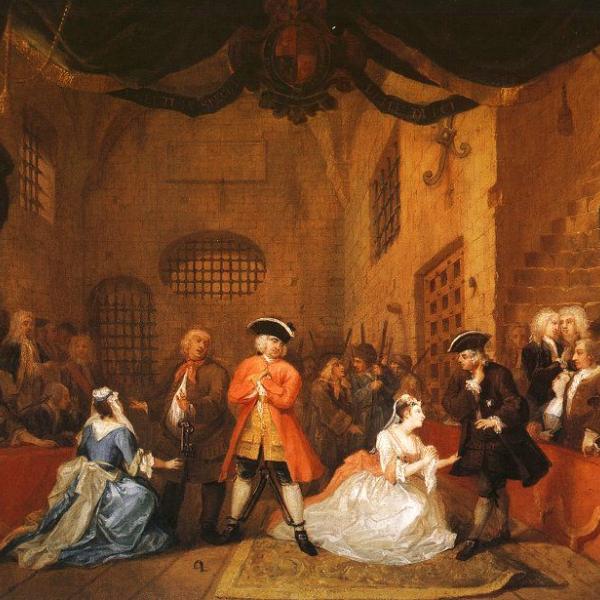19th Century British Literature
The nineteenth century, like no other single century before or since, was for the inhabitants of the British Isles an era of change. The general population would nearly triple while some twenty million Britons--driven by desire and, in many cases, desperation--emigrated to destinations across the globe. A vast internal migration at the same time turned villages and towns into large cities and made London the world’s most populous urban center. And while various scientific enterprises disclosed the need to gauge the earth’s history by factors of tens of millions of years, the rise of electrified, steam-powered systems for transport and communication were said to annihilate barriers of space and time. The size of the planet, many observed, seemed to shrink even as astronomers and physicists began to imagine an expanding universe of infinite scope.
These transformations were only the backdrop for further social change born in class conflict and various demands for equality before the law. As industrialization in general accelerated forms of material production, writers expressed their creativity in experimental, innovative literary forms. Narratives of self-invention achieved prominence while tradition was mined in an effort to adjust to the disorienting advent of modernity. Popular genres—notably the domestic novel and a new colloquial poetry of everyday life—would gain influence and prestige. But democratic and demotic literary manifestations would also be echoed and betrayed by authoritarian and hieratic notions of cultural authority.
In our teaching and research in Romanticism, we consider how the national epic and the romance tradition (as part of an alternative “classicism” as well as an interest in pre-modern England) are revised, and revived, often with proto-psychoanalytic and politically hegemonic undercurrents. In studies of the novel, as the century progresses, we are interested in the widening of readership and reading communities within an expanding public for the consumption of print media of all kinds. Other areas of emphasis include novel theory, Victorian material culture, book history (Who reads what and why? Who prevents whom from reading what and why?), the literary consequences of growing religious liberty, and the increasing dialogue between assertions of aesthetic value and notions of national or personal vitality.
Faculty Experts

